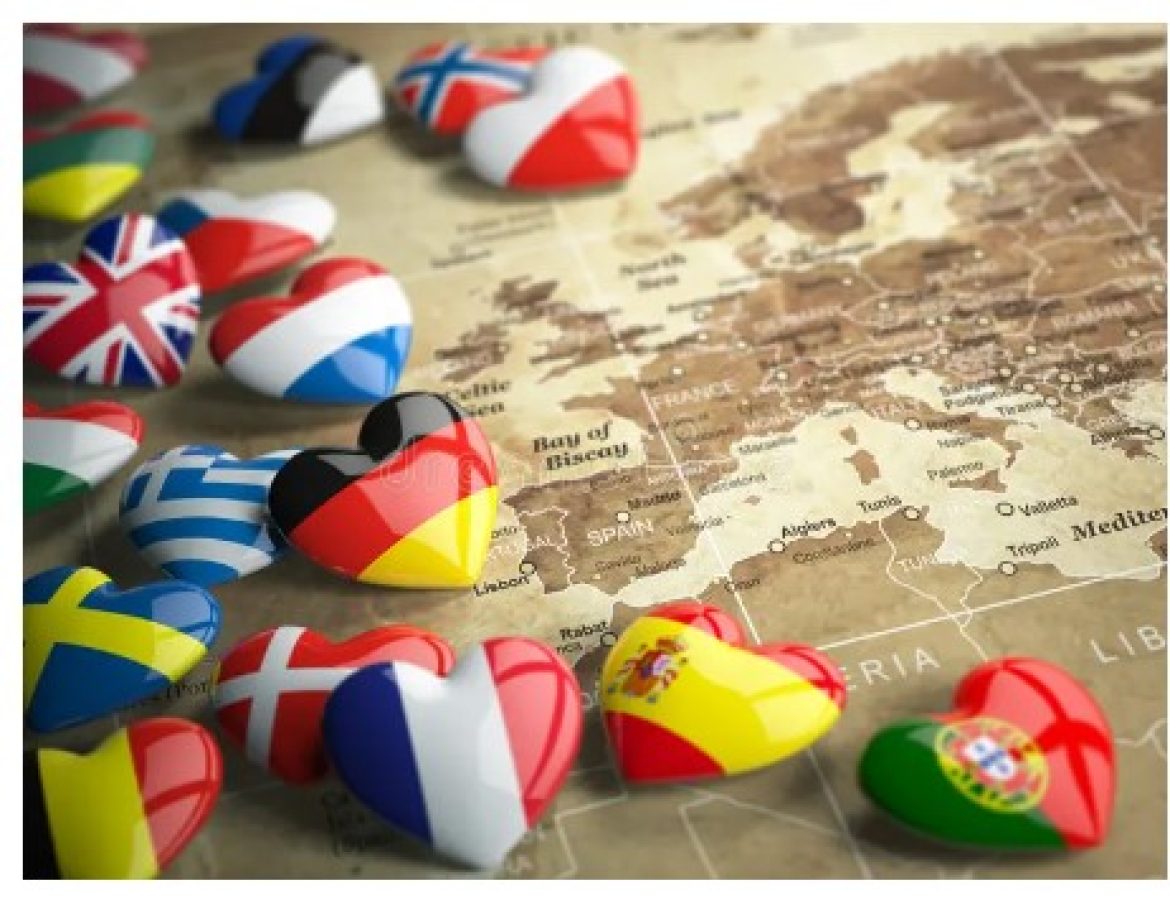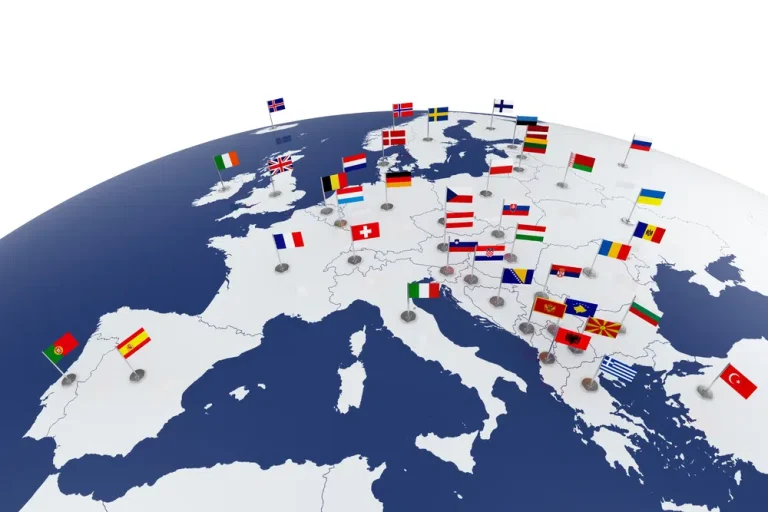The connection between migrant entrepreneurship and host country economic development is gaining recognition, prompting governments to adopt strategies aimed at attracting migrant entrepreneurs and their innovative ventures. According to Research Gate, immigrant-founded firms among America’s Fortune 500 companies in 2010 generated over $4.2 trillion in revenue and employed more than 10 million people globally.
A Startup Visa offers a provisional residency permit to foreign entrepreneurs, facilitating their entry into countries where they can secure funding or establish a permanent business presence. Several developed nations have implemented such visas, alongside immigration policies tailored to support foreign founders launching businesses in conducive environments.
Navigating legal and cultural challenges, migrant and refugee entrepreneurs can leverage the Startup Visa as a significant opportunity for their burgeoning enterprises. We’ve compiled a list of fifteen countries actively offering the Startup Visa, aiming to attract skilled migrant entrepreneurs, enhance their expertise, foster innovation, and address global challenges.
- United Kingdom: The Tier-1 Entrepreneur Visa requires setting up or managing a business in the UK, with prerequisites including English proficiency, access to at least £50,000 in investment capital, a valid passport, and a business plan. Initial applications can be made up to 3 months before travel, with the visa duration extending up to 3 years and 4 months, and eligibility for indefinite leave to remain after 5 years.
- Denmark: The Startup-Denmark visa necessitates approval of your business idea by a panel selected by the Danish Business Authority. Proof of adequate funding covering the first year in Denmark is required, with a minimum of 137,076 DKK for applicants without dependents.
- Sweden: To obtain a residence permit as a self-employed individual, applicants must demonstrate significant industry experience and previous business ownership. Proficiency in Swedish or English is mandatory, along with proof that goods or services will be sold or produced in Sweden, and funds equivalent to SEK 200,000.
- Ireland: The Startup Entrepreneur Programme supports migrants proposing high-potential startups in the innovation sector, requiring funding of €75,000 and the creation of 10 jobs in Ireland within 3 to 4 years, with €1 million in sales. Startups must be headquartered and controlled in Ireland, operating for under six years.
- Singapore: EntrePass applications mandate a valid passport, English employment testimonials, a business plan, and a $50,000 deposit in a Singaporean bank account.
- New Zealand: The Entrepreneur Work Visa necessitates a detailed business plan, proof of English proficiency, and a minimum investment of NZ$100,000.
- Australia: The Investors and Entrepreneur Visa includes Business Innovation and Investment and Business Talent visas, each requiring varying capital, English proficiency, and a business proposal.
- Germany: Entrepreneur visa applicants must submit a comprehensive business plan, financial concept (including profit and loss, capital requirements, and liquidity plans), health insurance details, and a CV.
- Italy: The Italia Startup Visa application can be direct or through a licensed incubator, requiring a business plan, passport copy, proof of financial resources, and €50,000 capital. The visa is renewable for up to 3 years.
- Chile: The Startup-Chile program offers a 6-month acceleration initiative with free workspace and a one-year work visa, targeting startups younger than 3 years with a fully committed core team and a validated product.
- France: The French Tech Ticket facilitates foreign entrepreneurs establishing startups in France, requiring teams of one to three founders, with no more than one French member, and a scalable, innovative business model.
- Thailand: The Smart Visa program supports entrepreneurs investing in new businesses, with a 4-year visa for talents, investors, executives, and startup members.
- Canada: Startup visa applicants need a qualifying business, a support letter from a designated organization, language proficiency, and proof of financial capacity.
- Spain: Entrepreneurs in Spain must establish either a Sociedad Anónima (S.A.) or Sociedad Limitada (S.L.), with varying minimum capital and shareholder requirements, alongside a business plan.
- Belgium: The Golden Visa program requires investment in a Belgian company, offering permanent residence and citizenship eligibility after five years, with investments typically ranging from €350,000 to €500,000.
These countries’ initiatives aim to foster innovation, economic growth, and cultural diversity through welcoming skilled migrant entrepreneurs into their economies.





Comments (0)